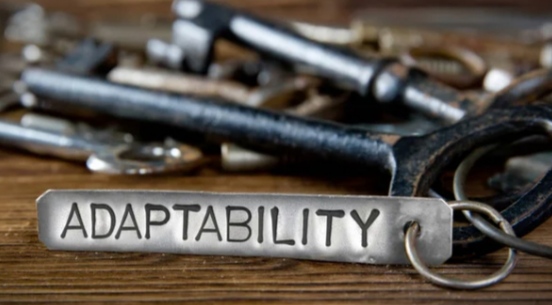
Time is often described as the most precious resource we have. It is something that once it is gone, we can never get back. Time is a finite resource that we all have a limited amount of, yet how we choose to use it can greatly impact our lives.
In today’s fast-paced world, where we are constantly bombarded with distractions and demands on our time, it can be easy to lose sight of just how valuable our time truly is. From the moment we wake up in the morning, to the time we finally go to bed at night, we are often juggling multiple tasks and responsibilities, leaving us feeling overwhelmed and stressed.
However, its important to remember that time is the one resource we cannot buy, trade, or regain once its spent. It is finite, and once it is gone, it is gone forever. This is why it is so important to use our time wisely and make the most of every moment.
Time management is key to maximizing the value of this precious resource. By prioritizing tasks, setting goals, and eliminating time-wasting activities, we can ensure that we are making the most of our time. This can help us to stay organized, focused, and productive, allowing us to accomplish more in less time.
Learn to say no
Another important aspect of time management is learning to say no. Often, we feel the need to say yes to every request or opportunity that comes our way. We fear that we will miss out on something important. However, by saying no to things that do not align with our goals or values, we can free up more time for the things that truly matter to us.
Learning to say no can also help us to assert ourselves and communicate our needs effectively. By setting boundaries and being clear about what we can and cannot take on, we can avoid being taken advantage of. With this we can ensure that our time and energy are being used in a way that serves us best.
Ultimately, time is the most valuable resource we have because it is what allows us to achieve our goals. It also allows us to pursue our passions, and create meaningful experiences. By recognizing the importance of time and using it wisely, we can live more fulfilling and purposeful lives. So, let us all make the most of our time and cherish this precious resource that we have been given.









